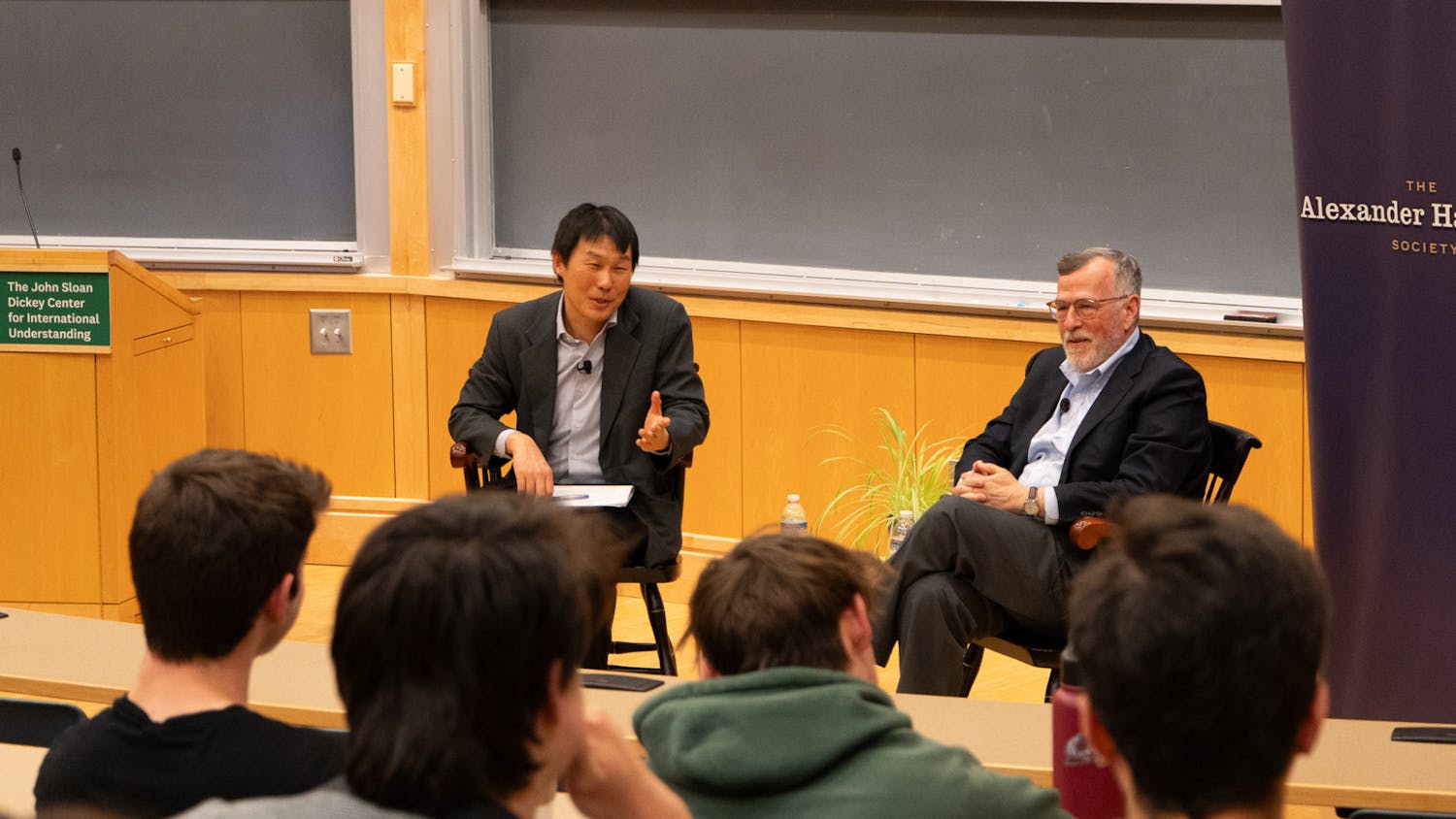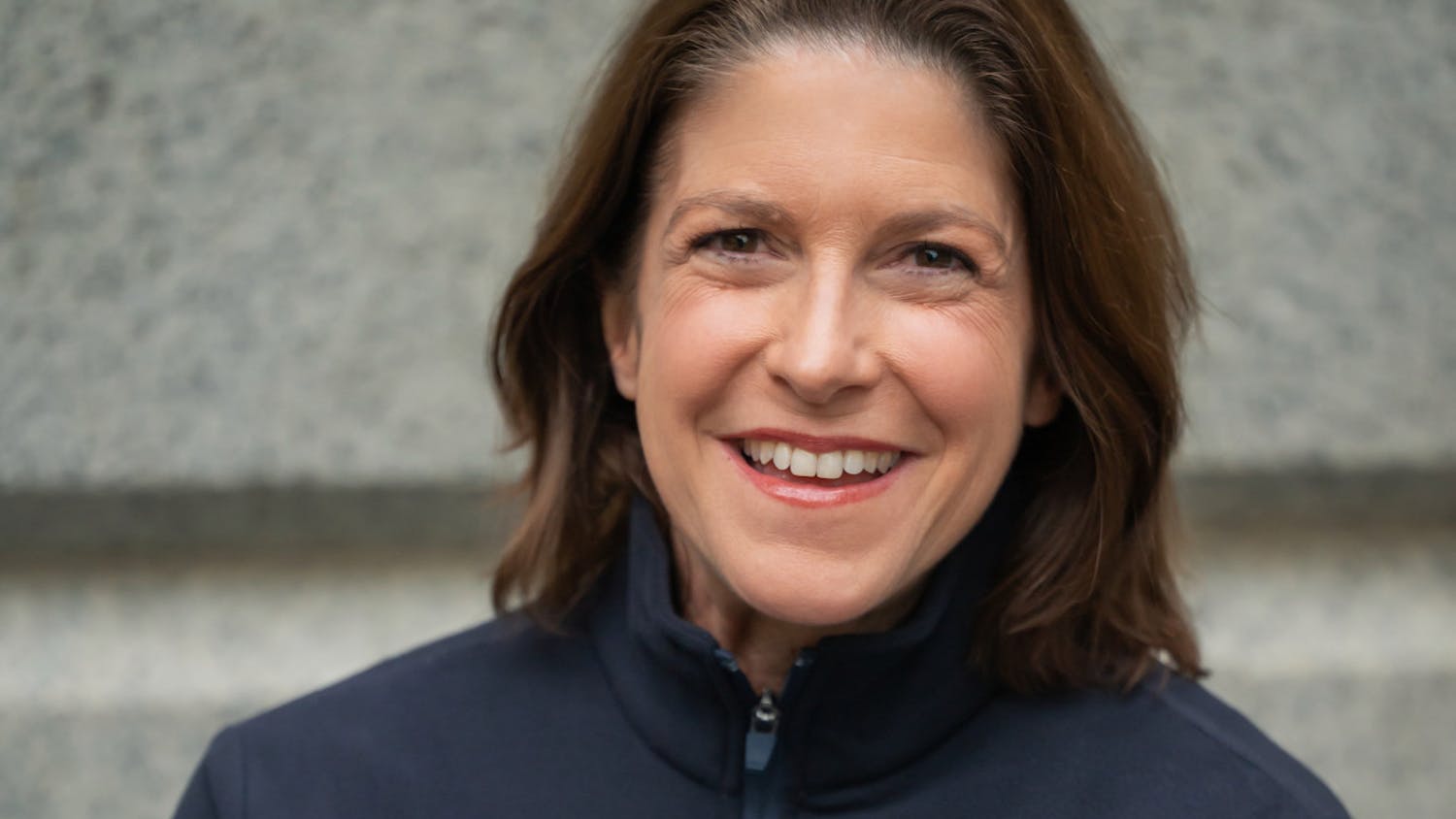The position profile calls for an individual who will effectively put forward Dartmouth's mission, continue the strategic planning process, retain faculty, foster an intellectual atmosphere for students, position the College as a global leader, integrate the undergraduate and graduate programs through "One Dartmouth " and lead philanthropic efforts.
The candidate should be a leader and demonstrate academic ambition and the "heart of a teacher," as well as possess a commitment to diversity and a global perspective. The document intends to give potential candidates an accurate portrayal of the major challenges Dartmouth currently faces and will be read by any candidates that the committee approaches, according to Helman.
While the document ends with instructions on how to apply for the position, Helman said that most candidates will not consider the job until they are personally approached by the search committee.
"We are very actively going after people that are happy as can be and not even thinking about moving," he said.
The committee developed the document through internal deliberations, as well as by studying the search document used in the last presidential search. They also gathered feedback from people both inside and outside of the Dartmouth community, Helman said. To help incorporate the opinions of students, the committee set up a website that allowed students to send in suggestions and held a student forum on May 17.
Even though feedback received from people outside of the Dartmouth community yielded "no real surprises," Helman said that talking with professors and experts from other institutions helped the committee understand how Dartmouth is perceived by others.
"The outside looks at Dartmouth as incredibly unique, maybe more unique than we think of ourselves," he said. "We have an emphasis on teaching and incredible scholarly research, with faculty members who are leaders in their field who also teach."
While the last search document contained no references to hazing, alcohol or sexual abuse, this year's includes these campus issues among the seven major aspects of the Dartmouth community that the next president will need to address.
In a section discussing the College's "intellectual atmosphere," the document states that, while Greek organizations are "wonderful places for leadership opportunities, friendship and social life," hazing occurs both inside and outside of Dartmouth's Greek system.
"With an increasingly academic, ambitious and diverse student body, the intellectual life across campus should more closely mirror the intellectual rigor and curiosity so prominently displayed inside Dartmouth's classrooms," the document said.
Helman said that these issues were discussed in order to be more "transparent," and said that a description of Dartmouth without them would be incomplete.
"These issues are real and they are important," he said. "Obviously any new president will do their homework and will understand what's going on with Dartmouth."
Also new to this year's position profile is a call for a renewed focus on finding common educational experiences for students across Dartmouth's undergraduate and graduate programs a concept termed "one Dartmouth," according to the document. Helman said that the College, a school where undergraduates perform research at the Thayer School of Engineering and the Geisel School of Medicine, will require a president that is capable of "breaking down traditional silos."
"We want a new president who has a breadth of experience and knowledge and leadership ability to help us realize that opportunity," he said.
Student Body President Suril Kantaria '13 and music professor Steven Swayne, both members of the committee, declined to comment for this article. Other professors on the committee could not be reached for comment by press time.




